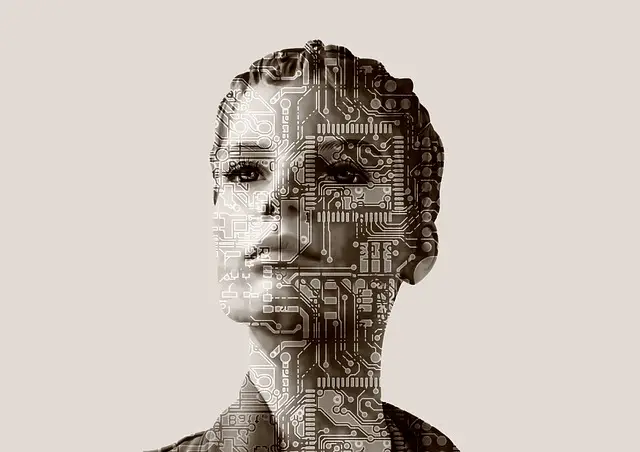Artificial intelligence (AI) is a rapidly developing field that has the potential to transform many industries and revolutionize the way we live and work. AI refers to the simulation of human intelligence in machines, which can be programmed to think and act like humans.
There are many different approaches to developing AI, including machine learning, which involves training algorithms on large datasets, and deep learning, which involves the use of neural networks to process data. These techniques have been applied to a wide range of tasks, such as image and speech recognition, natural language processing, and autonomous systems.
One of the key advantages of AI is its ability to process and analyze vast amounts of data quickly and accurately. This has led to the development of powerful AI systems that can perform tasks such as diagnosing diseases, analyzing financial markets, and even driving cars.
However, the development and use of AI also raise important ethical and societal concerns. There is a risk that the technology could be misused, leading to the loss of jobs and the potential for abuse of power. It is therefore crucial that we carefully consider the potential consequences of AI and take steps to ensure that it is developed and used in a responsible and ethical manner.






